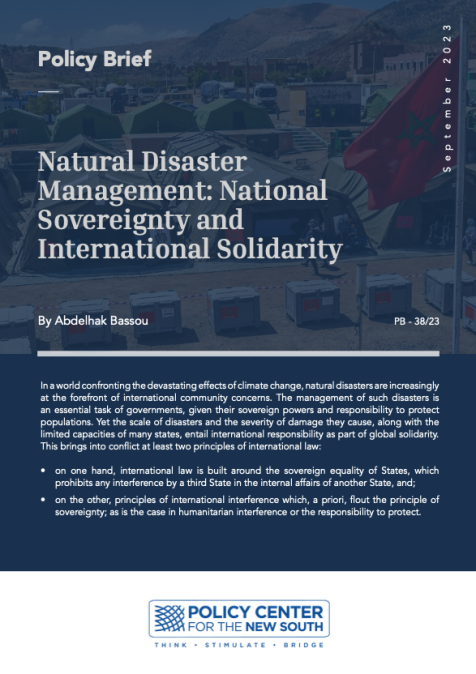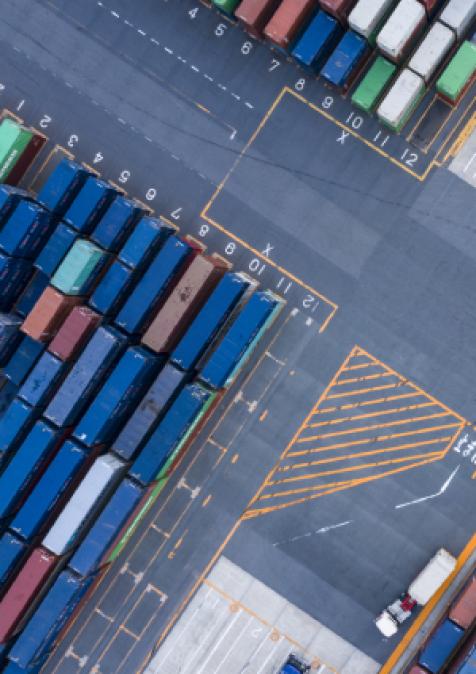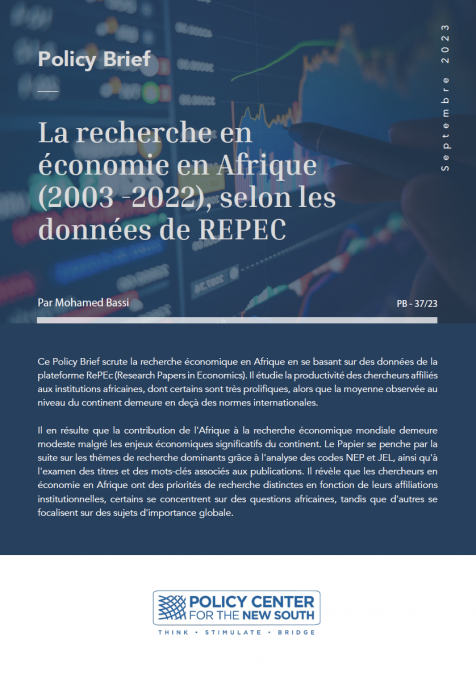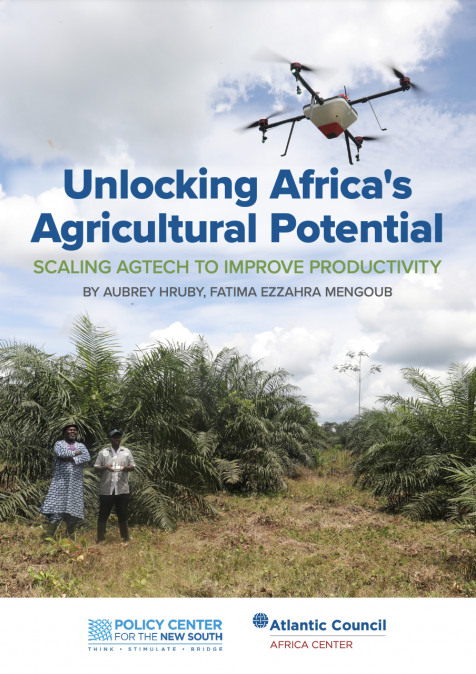Publications /
Policy Brief
The evidence demonstrating that nations gain from trade is overwhelming. However, trade liberalization can cause disruption to firms and workers, and its gains and losses are spread unevenly. While many gain from trade, import surges have sometimes undermined the economic viability of whole communities. Existing mechanisms specifically designed to mitigate trade adjustment costs are often inadequate. They can be a source of inefficiency and inequity since trade shocks are only a part of the economic uncertainty affecting workers. Gradualism in trade liberalization combined with preemptive measures to strengthen competitiveness, can help mitigate adjustment costs. Displaced workers are best helped using generally applied safety nets, not those specific to trade. But these are not enough. Trade adjustment requires mobility of factors. International coordination is required to support an open and predictable trading system under the WTO, as the greatest future source of trade shocks could be protectionism, not trade liberalization.










